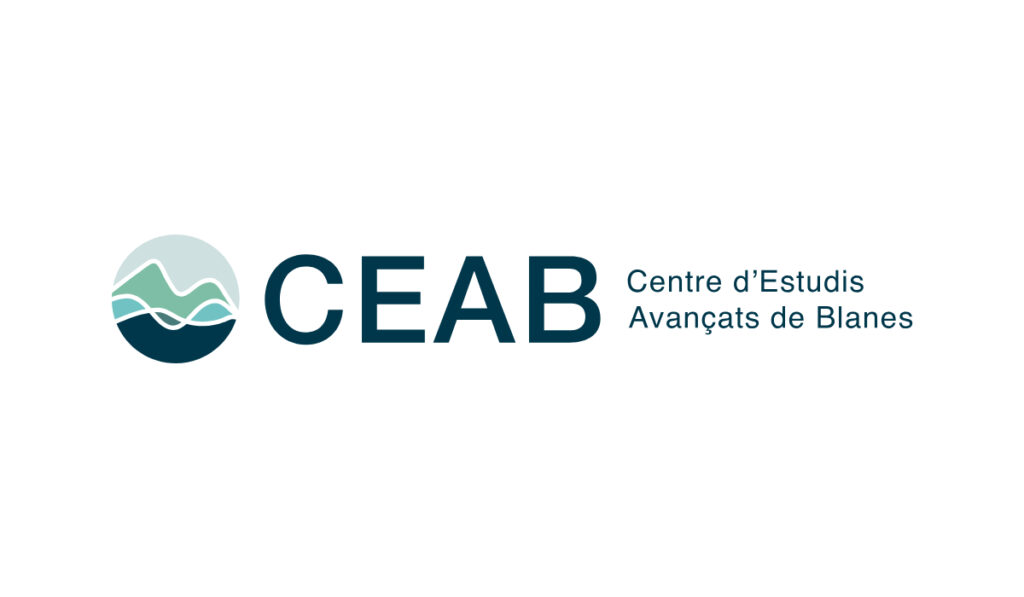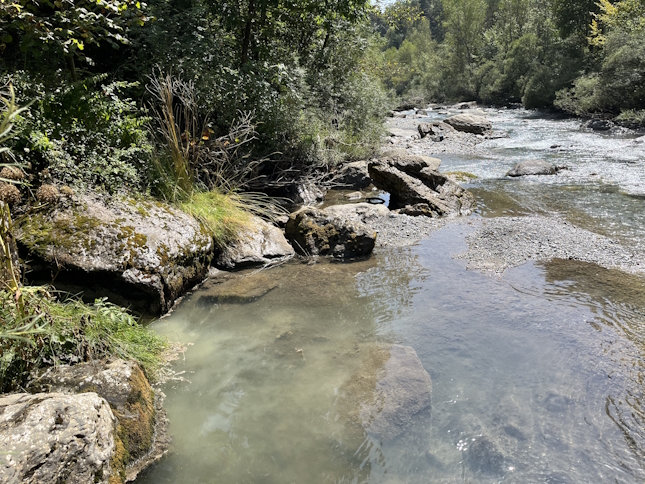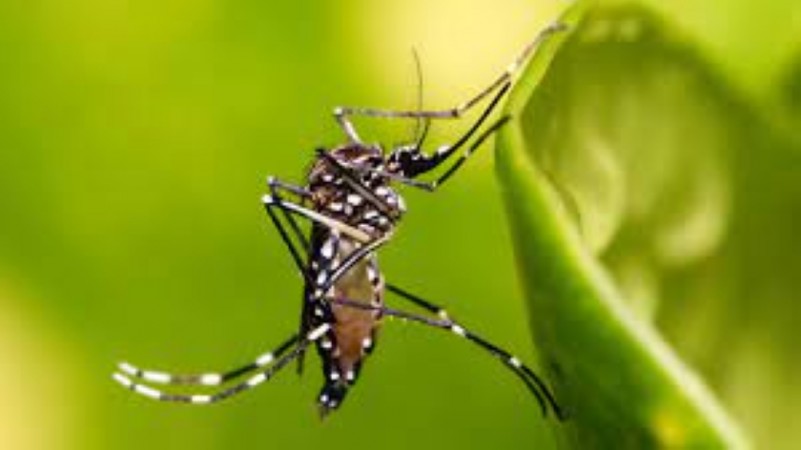Our research focuses on understanding the underlying mechanisms that determine species ranges and how human activities reshape biotic communities. The research group ( Ecology & Evolution Lab ) incorporates cutting-edge analytical and genetic techniques to conduct studies on biogeography, community ecology, population genetics and conservation biology.
Leveraging genomic technologies for the conservation and management of marine biodiversity (Blue DNA)
Blue DNA

Monitoring of marine biodiversity using environmental DNA (eDNA) techniques, early detection of exotic species with invasive potential, and other genomic applications that can be used for marine biodiversity conservation.
General project information
Development period
Start
2024
End
2027
Department
Research group
Research areas and themes
Responsible researcher
Other researchers and involved staff
Funding entities

Institutions/collaborators






Social networks of the project
You may also be interested in
The project aims to design nature-based wastewater treatment solutions specifically adapted to high-mountain conditions.
DengRIP is a community-centered project addressing dengue and other arboviral diseases in West Africa through improved mosquito surveillance, risk prediction, and vector control. It combines scientific research, citizen participation, and local capacity building to strengthen outbreak preparedness in urban areas such as Ouagadougou.
This project is being developed within the framework of an ICOOP grant (a CSIC Scientific Cooperation Program for Development), which aims to stimulate collaboration between CSIC research groups and international research groups in countries receiving Official Development Assistance through training, work, and specialization stays for research groups from participating entities.
Aquatic non-native species are spreading globally due to human activity, yet little is known about how these invasions occur and evolve. This pioneering project uses environmental DNA (eDNA) to study the phases of biological invasion in various aquatic ecosystems, aiming to better understand these processes and provide tools to tackle the biodiversity crisis.







